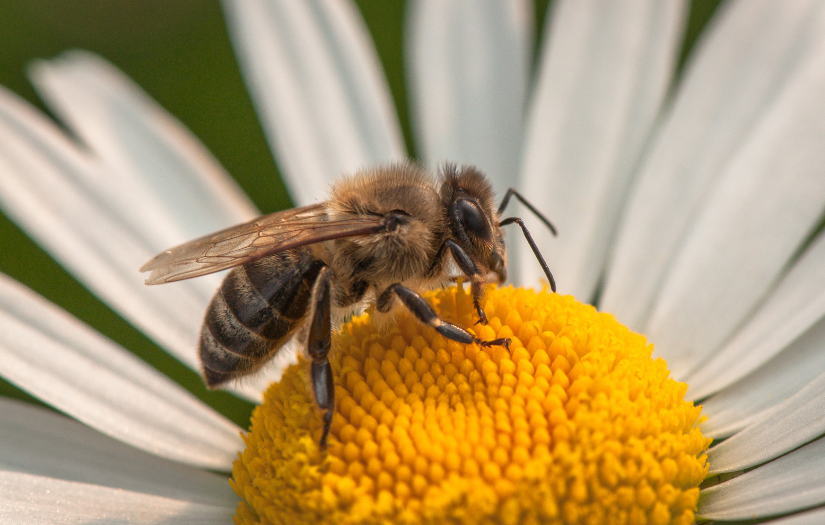
Wasp and Bee Factsheet
Information on wasp and bee venom allergy, including reaction symptoms, treatment and avoidance strategies.
 Venom Allergy | Allergy UK | National Charity
Venom Allergy | Allergy UK | National Charity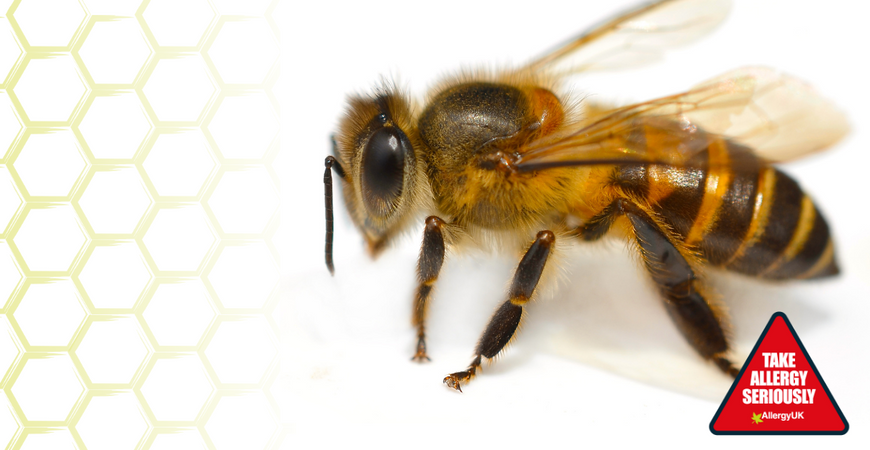
#itstimetotakeallergyseriously
Over the months of July and August, more time is spent outdoors, and this is especially the case for families with young children because of school summer holidays. It is also the time of year when people are more likely to come in to contact with bees and wasps and therefore the possibility of being stung, particularly towards the end of the summer season when wasps and bees are at their most dozy. With this can come a risk of an allergic reaction to venom.
Venom allergies can trigger an anaphylactic reaction, which is dangerous and life threatening. However, many people may not even know they are allergic to venom until they are stung and then potentially suffer an anaphylactic response. The capricious and unknown nature of a venom allergy coupled with its potential to cause an anaphylactic response, makes it an important allergy to be aware of. This is why our next phase of the It’s Time Campaign will focus on raising awareness of venom allergies and their potential to develop in anyone at any time.
For most people, a sting will not be serious and will simply cause a bit of pain and discomfort, and some redness and swelling around the sting site. However, for some people, they may develop a reaction to the venom in these stings, which can range from mild to life threatening.
Our campaign aims to create buzzing and informed conversations around venom allergies and what to do. Through our social media conversations and digital advertising we are aiming to raise awareness within the allergic community and beyond of:
I’ve been keeping bees for a number of years, and then I had an allergic reaction, and I had one sting to my chin and had an anaphylactic shock. – Carrie, Allergy UK case study.

Information on wasp and bee venom allergy, including reaction symptoms, treatment and avoidance strategies.
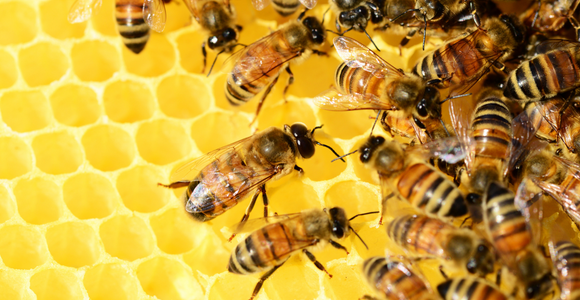
Avoidance of stinging insects is important to prevent an allergic reaction, read our useful tips for staying safe this Summer.
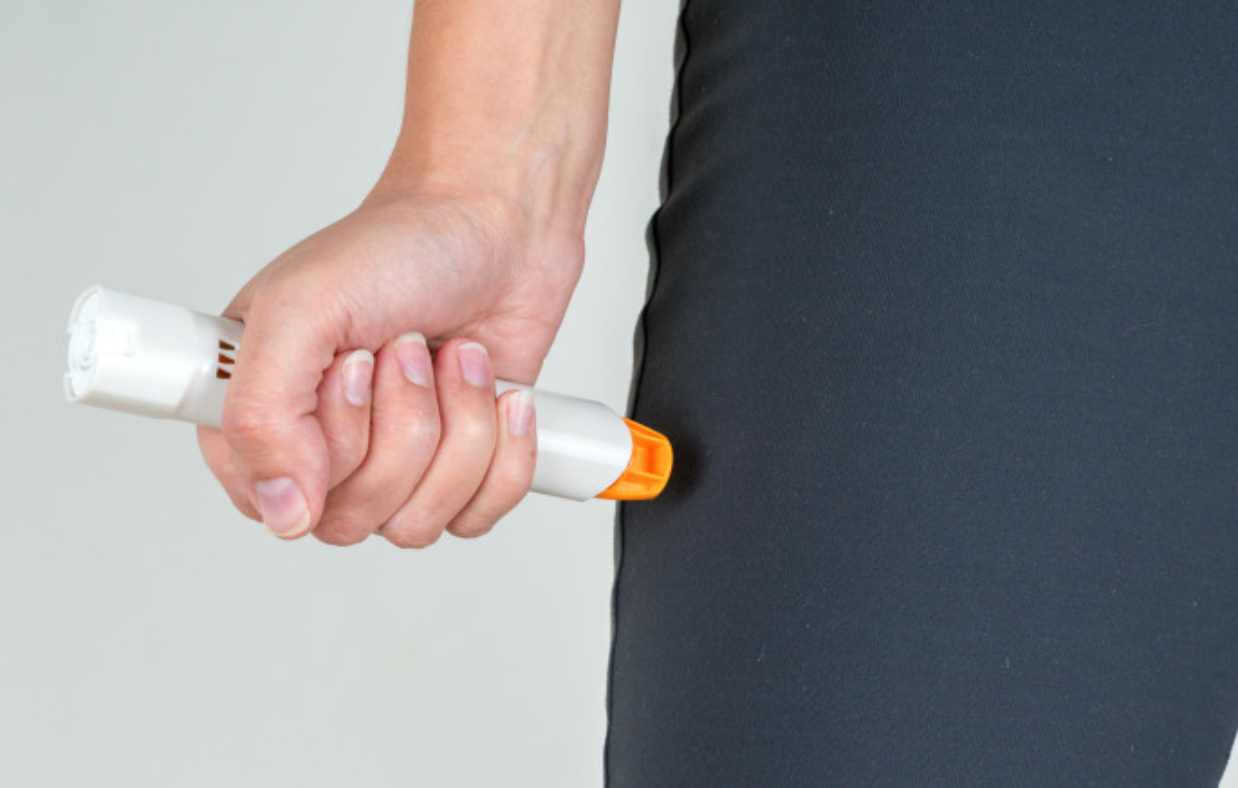
Highlighting the importance of carrying your adrenaline auto-injector, the different types available and how to look after your device.

Anaphylaxis is a life threatening, severe allergic reaction. It is a medical emergency and requires immediate treatment. A severe allergic reaction can cause an anaphylactic shock and must be treated with an adrenaline auto-injector
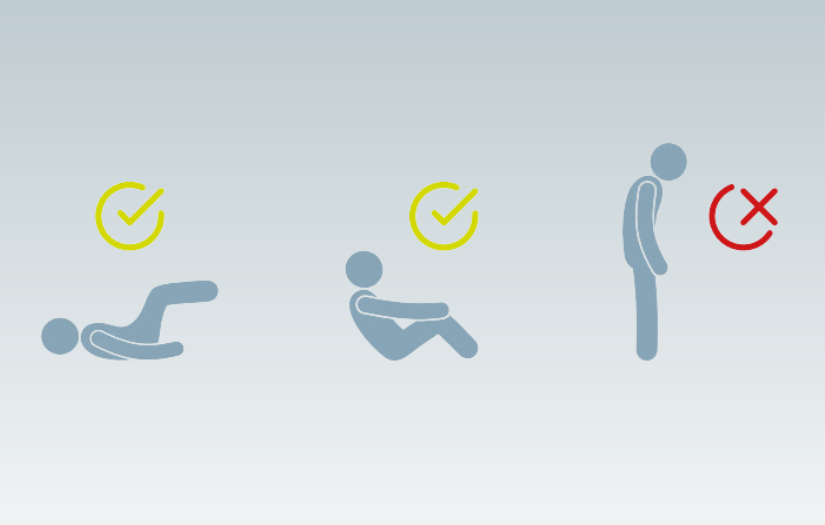
Anaphylaxis is a severe and potentially life-threatening allergic reaction that requires immediate medical attention. If you suspect someone is experiencing anaphylaxis, follow these steps.
A venom allergy really can affect anyone, at any age. If you or perhaps a loved one’s life has been affected by a sudden allergic reaction to venom, that was previously unknown, then you will understand why this campaign is so important to raise awareness and ensure there is a public awareness around what to do in an emergency anaphylactic reaction.
It doesn’t matter if it’s the cost of a cup of coffee or the cost of a plane ticket, just what you can spare. You may want to make a one-off donation or perhaps you would like to consider becoming a regular supporter of Allergy UK. Whatever you’re able to give will be channelled back into Allergy UK’s crucial services to support people living with allergic disease in the UK.
It really is time to take allergy seriously.
Thank you for your support!
It is important to Allergy UK that we can engage with all people that are affected by allergic disease
Join our mailing list



